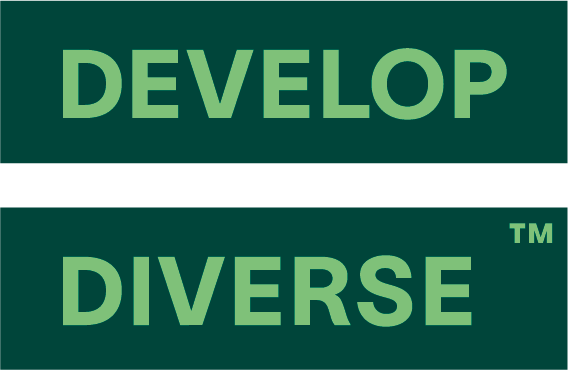Privilege is a special benefit, right or advantage granted to a person or group because of their position or wealth. The word comes from the Latin privilegium, which means law for one person.
What does privilege mean?
It is a right or a benefit that favors a single person or a specific group of people. These identities are often connected to wealth, status, education, age and race.
For example: white wealthy males have historically had more power and privilege than individuals from other minority groups.
What is often called “white privilege” refers to the advantages that white people enjoy because of their race, and that are not equally accessible to people of other racial identities.
Privilege is often unearned
It is oftentimes unearned in the sense that it bestows advantages and opportunities upon individuals or groups solely based on certain inherent characteristics or attributes.
These advantages are granted by societal structures and power dynamics, and can manifest as social, economic, or systemic advantages.
It is not about merit
It is not about individual achievements or personal merit, but rather about the advantages accessible to certain groups based on their social and economic positioning.
Even if a person from an underprivileged group should earn an advantageous job position, this isn’t a guarantee that they will actually be granted the rights that come with the job. Or at least, they will likely not be granted those rights and privileges to the same extent as a person from a dominant social group with the same job position.
It is important to understand it as a propelling factor for disparities and inequities that exist in society. This is a crucial step toward fostering empathy, understanding systemic injustices, and creating a more equitable and inclusive society.
Different types of privilege
It is expressed in many different ways and often depends on the circumstance of the privileged individual. Nevertheless, one can distinguish between five main types of privilege:
- Racial: Refers to the advantages that individuals from dominant racial groups may experience in society. It includes unearned rights such as greater access to opportunities, resources, and societal acceptance. Conversely, people from marginalized racial backgrounds may face discrimination and structural barriers.
- Gender: Generally refers to male privilege. In many societies, cis men benefit from gender privilege. This means that they earn higher wages, are put more often in leadership positions and enjoy greater socioeconomic power.
- Cisgender: Cisgender people are granted cisgender rights and privileges, such as better healthcare, access to public facilities and greater social acceptance. Cisgender individuals are typically less exposed to discrimination, harassment and violence than gender non-conforming persons.
- Socioeconomic: Individuals of a higher socioeconomic class benefit from unearned rights and advantages based on their hierarchical status within a society.
- Able-Bodied: Individuals without disabilities have certain advantages simply because they aren’t physically limited. These advantages may include better job opportunities, accessibility to facilities that disabled people have difficulties accessing, and other social advantages that most abled people take for granted. On the other hand, people with disabilities often face difficulties in areas of employment, education, transportation, and social inclusion.
The interconnection of privilege
These different types of it are closely interconnected. It is important to understand the concept of privilege as a spectrum rather than a binary concept in order to recognize how it can both perpetuate systems of advantage and disadvantage.
It is not simply a “have” or “have not” dichotomy, but rather a multifaceted continuum that encompasses various dimensions and intersections of identity.
Some everyday examples
Here are some examples of structural privilege in society:
- Educational Privilege: Having access to quality education, well-funded schools, and resources that facilitate learning is a form of privilege. It helps people achieve better academic results and do better in their professional lives.
- Housing Privilege: Having secure and stable housing in a safe neighborhood is a privilege that people often take for granted. The right to choose where to live without being discriminated against is also a privilege.
- Employment Privilege: Fair wages, job security and access to career opportunities that help us grow professionally are forms of employment privilege.
- Healthcare Privilege: Access to quality healthcare, health insurance, and affordable medical services is a form of privilege. It allows individuals to receive necessary healthcare without facing financial hardships or barriers to treatment.
